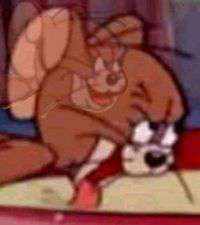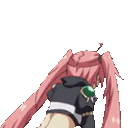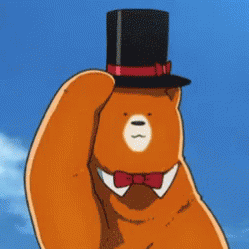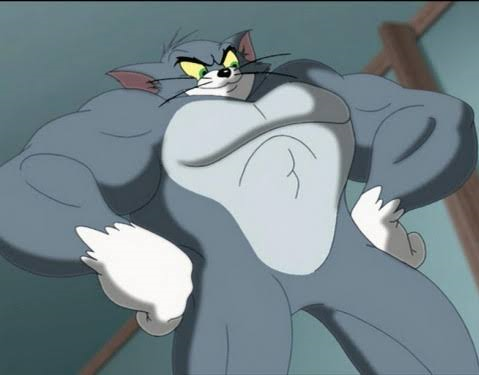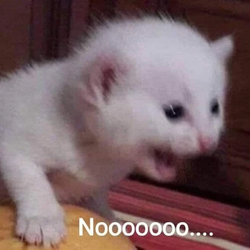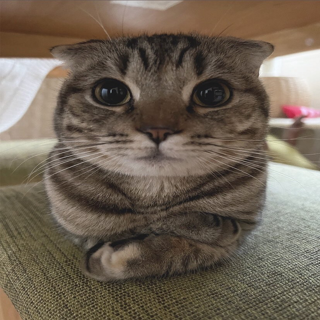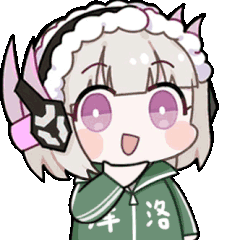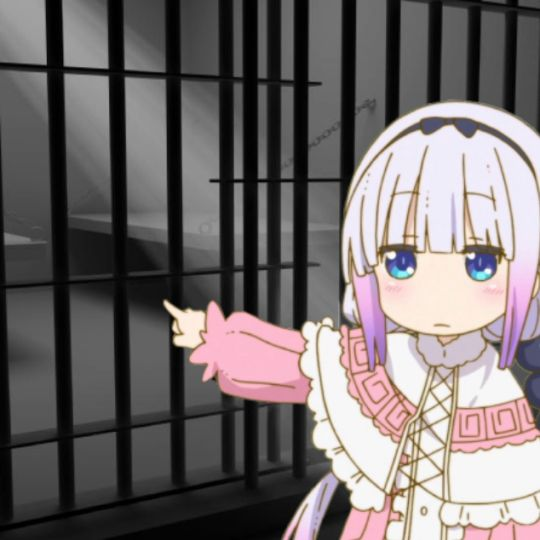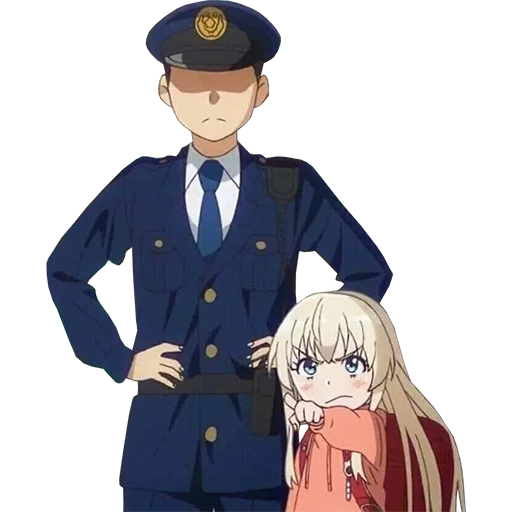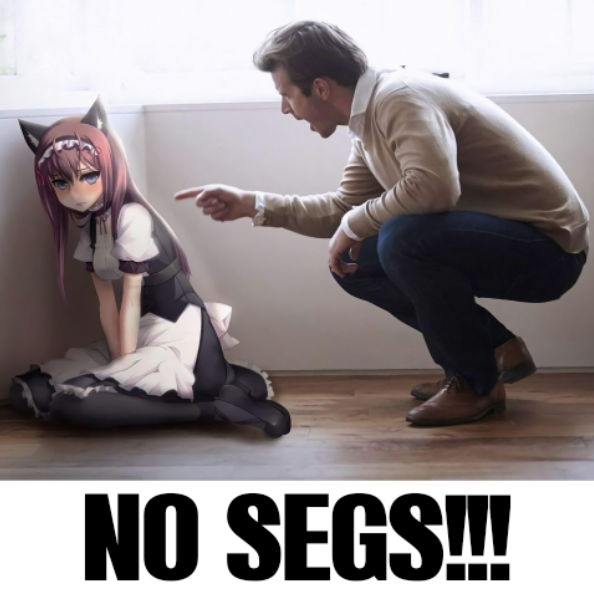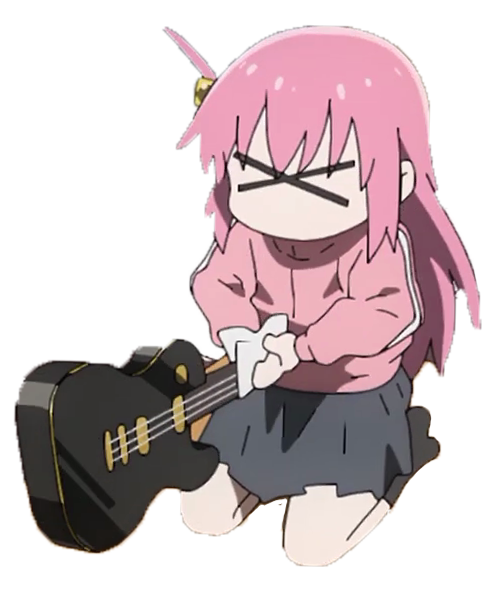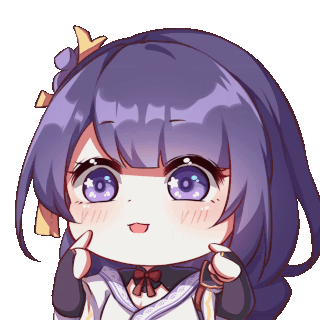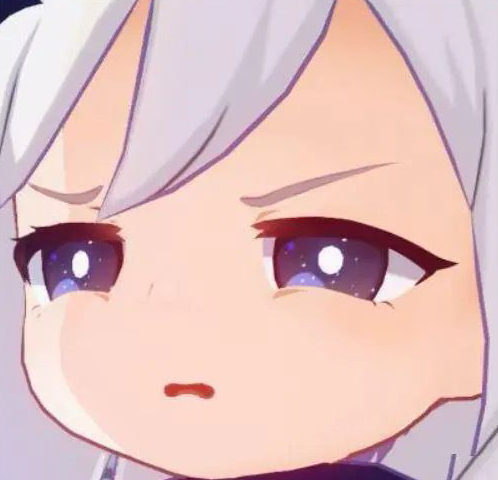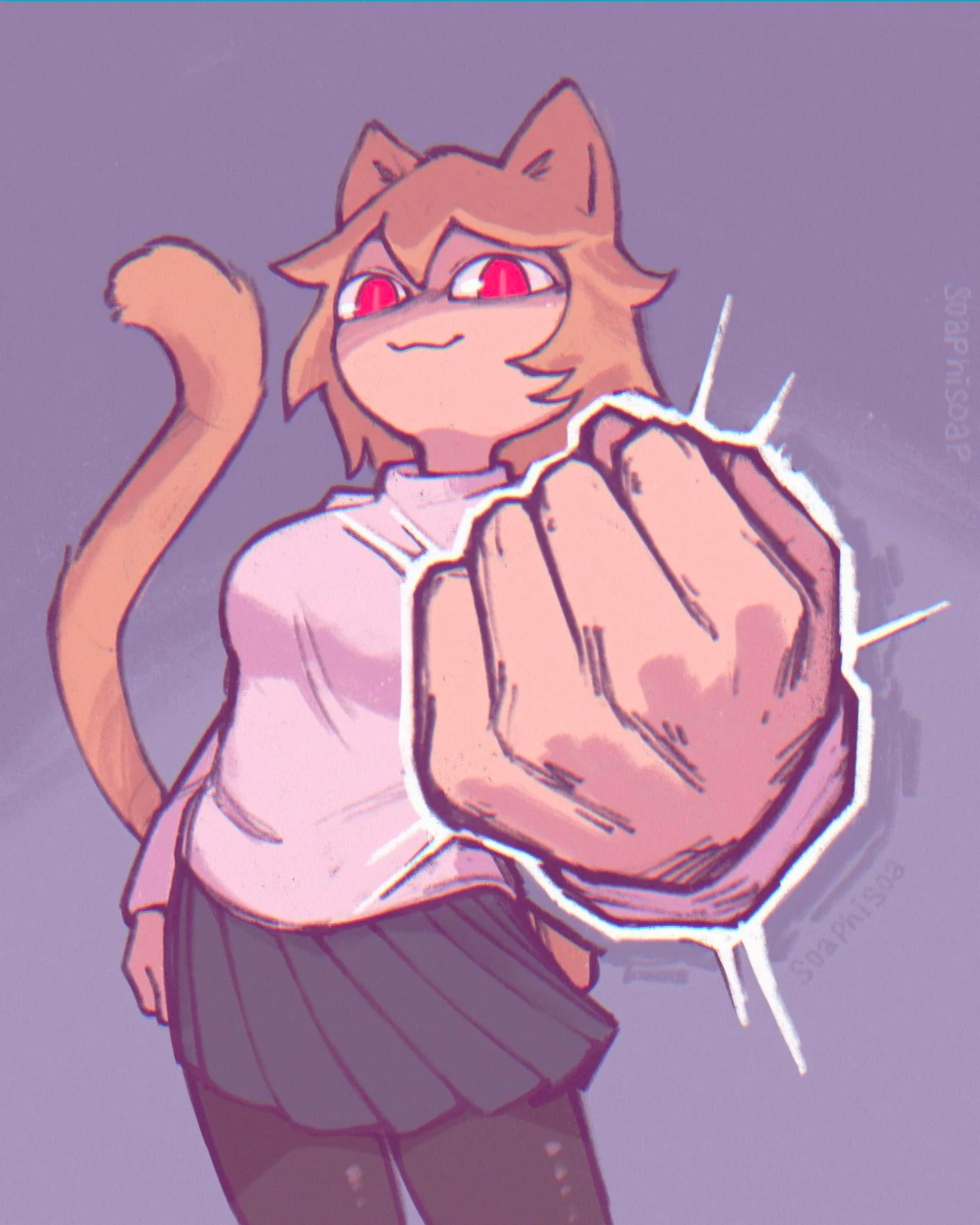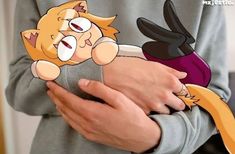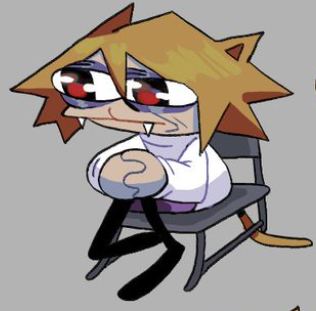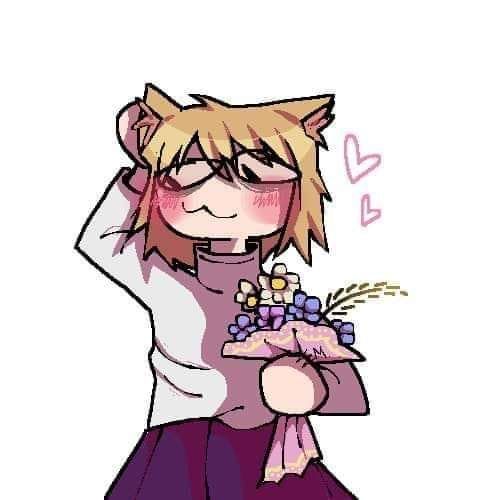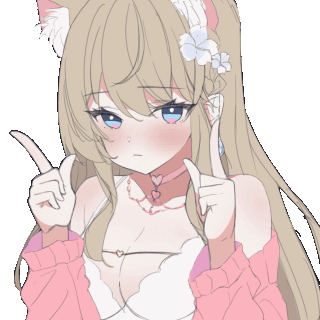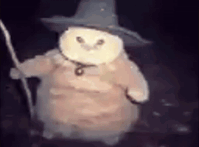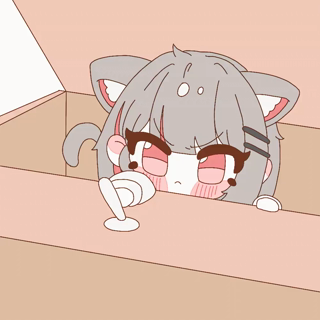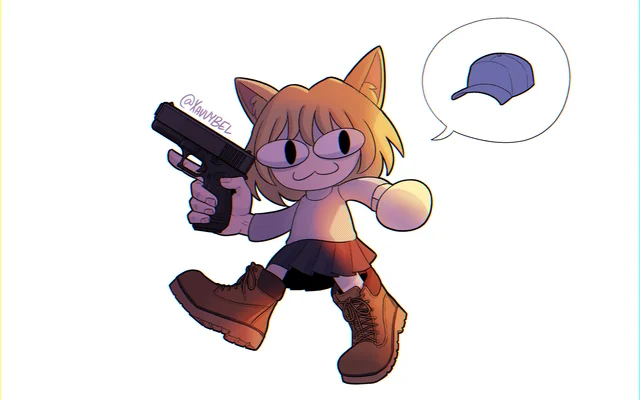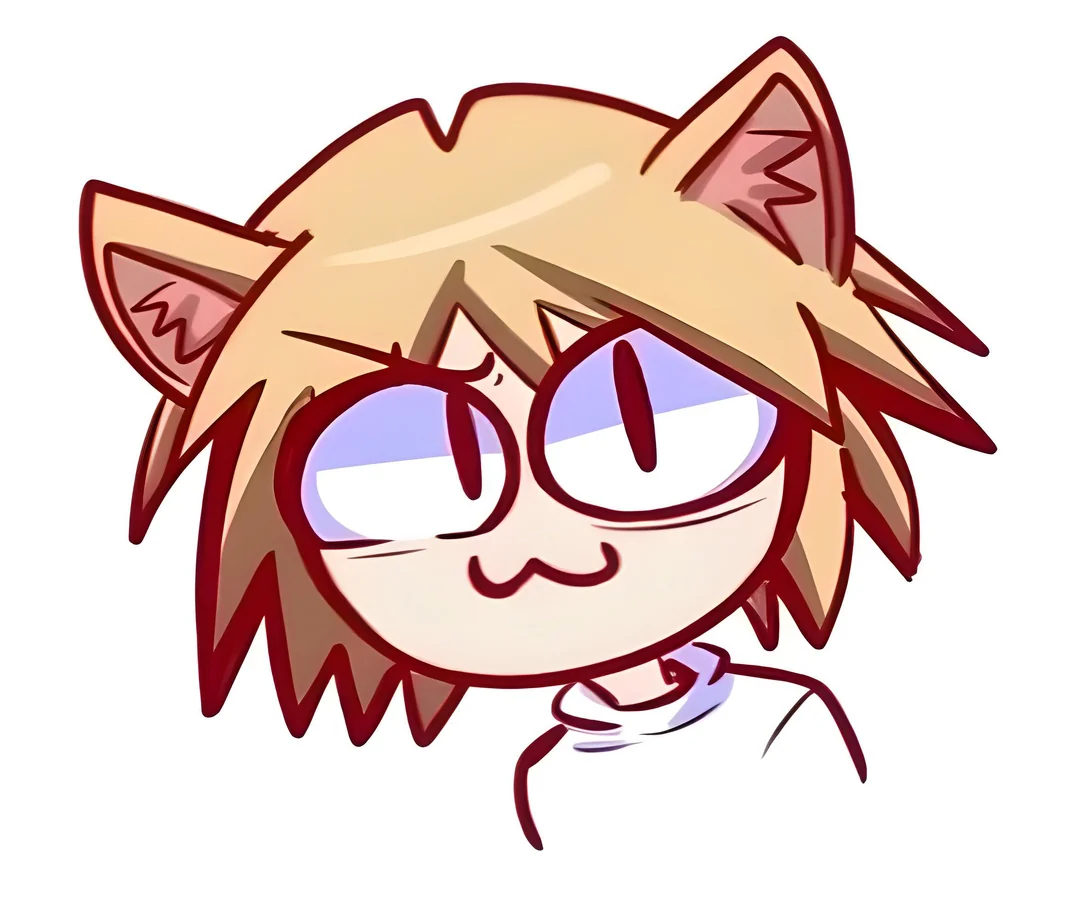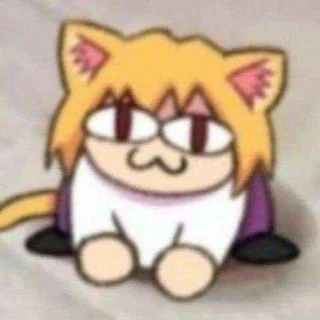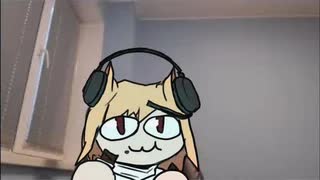Virgin Knight Who Is the Frontier Lord in the Gender Switched World - Chapter 207
- Home
- All
- Virgin Knight Who Is the Frontier Lord in the Gender Switched World
- Chapter 207 - What Sabine Desired
I can hear the sound of rain.
Amidst the sudden downpour, the frantic closing of shutters echoes around me.
As for me, I sit on the edge of my bed, lost in thought, finding the sound of the rain rather comforting.
I’m feeling unwell.
It’s like some kind of labor pain—though as someone who’s not only never given birth but is a virgin, it’s a sensation I can’t truly understand.
I feel as if a thin layer of something enveloping me is about to be peeled away.
Throughout my life, I’ve always been treated as an unsettling child by my mother and relatives.
They would say, “That child has no human heart.”
In response, I would sneer and laugh.
“It was you and your family who gave birth to me and raised me,” I’d retort.
I scoffed as I said it, but deep down, I knew better than anyone that it wasn’t true.
I must have been born this way.
I can’t comprehend the reason for restraining my own desires out of consideration for others.
They’d say, “Know the pain of others,” or “Are you satisfied taking from others and benefiting only yourself?”
Yet, in the end, everyone finds some reason to “act that way,” while pretending on the surface to be fair, sincere, moral, and kind.
People like that—I, Sabine, utterly despise them from the bottom of my heart.
Even more, I loathed the murky scent of darkness that drifted from the Wespman family—that is, my mother and her clan.
It was only recently, from my sister’s confession, that I learned this scent was something entirely different—it was the stench of decline due to my own family’s misdeeds.
Now, I couldn’t care less.
One day, I will kill my mother with my own hands, and I want to do so.
But there’s no significant meaning in that.
As someone who was once part of the Wespman family, it’s just something I have to do to keep up appearances.
It’s not an important matter.
It’s not trivial things like that causing me to feel melancholic right now.
I’m feeling something akin to labor pains.
“Princess Valière.”
I murmured her name softly.
Among those who only pretend on the surface to be sincere, moral, and kind—if anyone were to spread such rumors about Princess Valière, I would vehemently deny it from the bottom of my heart and kill them.
The person I can assert as my ideal is Her Highness Princess Valière von Anhalt, the Second Princess.
During the Siege of Windbona, while my mother—the shadowy figure—was dispatched to the imperial capital as a herald, I took advantage of the lax security at home. Using my right to enter the castle as acting head of the family, I slipped into the palace to broaden my horizons.
It was then, when I was thirteen, that I found her.
According to rumors, she was a dull-witted girl incomparable to her elder sister Anastasia, as if all talent had been stripped from her.
Though blessed with the fairy-like beauty befitting a noble, she lacked physical stature and was insufficient in strength to be relied upon even as a mere knight.
Her voice, sweet as the scent of fragrant flowers, was too faint to resonate across a battlefield.
She was deemed unreliable even as a spare; it would be better for everyone to direct all loyalty to Lady Anastasia.
No one paid attention to her, and no one thought to form ties with her.
Such was Princess Valière at that time.
“What a pitiful thing,” I thought when I happened to pass her in the court.
At that moment, she was holding a small bird.
She had placed the bird on a handkerchief embroidered with the royal family’s crest, and a small amount of blood stained the white cloth.
She seemed to be walking quickly, almost hastily.
I utilized the skills I’d honed being raised as an assassin to quietly follow her without being noticed.
I didn’t know the internal layout of the palace, but I could guess where she was heading—likely the infirmary.
The small bird, on the verge of death, was something she must have picked up, hoping someone could save it.
I could imagine the answer.
Depending on the sincerity of the court physicians, they wouldn’t heal a small bird that couldn’t be eaten or used as a carrier pigeon.
Even if they wished to fulfill Princess Valière’s request, physicians wouldn’t have the experience to heal a mere bird unless it were human.
At best, they might offer her words of comfort.
The words would likely be:
“That small bird must have been happy to receive the kind mercy of Princess Valière.”
What a laughable sentiment!
Would the bird want mere words of pity?!
What it needed was healing itself, not feelings or sympathy.
The result is everything; the only conclusion needed is that it was saved, no matter what was done.
Even if you went that far, the small bird wouldn’t repay you in any way!
After all, those born weak can achieve nothing.
That’s how the world is.
That princess would soon tire of it and discard the bird somewhere in the garden.
Or perhaps quietly bury it somewhere.
No, even the act of burying it is merely a way to console her own regret.
Not because she feels sorry for the bird, but because she feels sorry for herself for not being able to save it.
Humans act to soothe their own consciences.
How disgusting.
If they’re going to be ugly, they should be so from the start.
Like me.
I watched as Princess Valière left the infirmary shortly after, and I was gradually losing interest.
But somehow, for some reason, the melancholy expression on her face made me pause.
I suddenly thought I might as well see this through to the end.
Just hurry up and discard the bird, and then I’ll go home.
Maybe I’ll just leave home and become a bandit knight.
Thinking such thoughts, I stealthily followed behind the princess like an assassin.
Suddenly, she stopped in the garden.
It was a rose garden.
I thought she might bury it after all.
“I’m sorry. I couldn’t save you with my own power. I’m so sorry.”
Her apology reached my ears.
The small bird had already passed away.
The princess was apologizing to the dead bird.
Unaware of my presence, she was speaking in solitude.
“Surely, my prayers won’t be of any help to you. Perhaps you had a place to return to—a nest. Perhaps you had a family. Or maybe you lived alone. I don’t know any of those things.”
It was a sincere apology.
Listening to it, I felt somehow uncomfortable, as if the very existence of Princess Valière didn’t belong in this world.
They were words unsuited to be directed at a small bird—not even livestock.
“May the Lord bless you and protect you. May the Lord make His face shine upon you and be gracious to you. May the Lord turn His face toward you and give you peace. May it be some comfort that your death was witnessed by someone, at least by me…”
What a foolish child, I thought, even feeling hatred.
What are you doing?
Why are you offering blessings meant for people to something like a small bird?
After all, it’s just a beast living only to survive, without distinction between good and evil.
Your actions have no meaning.
Do you know how many pitiable humans in this world die alone, in vain, without receiving your kindness, without gaining anything, without becoming anything?
How many serfs or black knights die like garbage, or those who can’t even become bandits due to lacking home or family, without citizenship, not even recognized as people?
I almost leaped out to berate her.
But I didn’t.
Because I realized that Princess Valière’s eyes were quietly welling up with tears.
I was about to voice my insults but held back and quietly left.
After returning to my detestable room at home, my face pale as if the blood had drained from my head, my heart began to pound.
And then I murmured,
“I have witnessed something truly beautiful. Her Highness genuinely mourned that bird’s death from the depths of her heart.”
Just that.
As if that alone was the only truly beautiful thing in this world, I became warped.
Yes, I developed a kind of fetishism, as Lord Polidoro, a well-educated knight, might point out.
I came to revere the very existence of Princess Valière.
“I’m the only one who understands her.”
I was utterly intoxicated.
That only I understood this girl’s kindness, her true nature—the gentle heart that no one else had yet noticed.
Even her mother and sister had dismissed her goodness—the very reason they deemed her unfit to inherit the Electorate.
I had seen something truly beautiful, standing in contrast to everything I hated.
What should I do?
No matter what, I wanted to reach Princess Valière.
Inheriting my family’s headship was something I never cared about; it was meaningless.
I decided to stir up some trouble and claim the right.
Yes, the right.
The right to serve as Princess Valière’s attendant—as the Second Princess’s personal guard.
I wanted to be gazed upon by her eyes for the rest of my life.
And when I died in vain, unable to reach her, I wanted her to truly mourn me from the depths of her heart and hold me.
I wanted her to carry the weight of my death for the rest of her life.
What greater glory could I possibly desire in this world than that?
I was prepared to do anything to achieve that, and I did everything.
Thus, I splendidly won the position of the Second Princess’s personal guard and became the captain at fourteen.
Yes, more than four years have passed since then.
A lot has happened.
All the members of the princess’s guard had nowhere to go, looking like abandoned cats and dogs. Yet, when Princess Valière spoke to them, their eyes would light up.
I almost wanted to say, “She’s mine,” but seeing others recognize what I loved so deeply gave me a strange sense of satisfaction.
Soon, a male knight joined us.
Named Faust von Polidoro, he was mocked by everyone in Anhalt for his rugged appearance.
From time to time, he would be touched by Valière-sama’s charm and smile affectionately, saying, “You really are something special.”
That’s why I didn’t dislike him.
No, rather, I had come to like him irresistibly.
Before I knew it, I thought that if things stayed like this, it would be fine to remain this way until I died.
If I could spend eternity with the princess, the guard, and Lord Polidoro.
For the first time in my stifling, empty life, I felt like I could finally breathe.
But then, my best friend died.
She was a woman named Hanna, who, like me, despised her family and refused to use her family name.
Her greatest solace was to protect Princess Valière—the most precious person to her—and to die in her place.
And that her death was witnessed until the end.
I cried like a madwoman.
For the first time in my life, I understood how profoundly sorrowful death could be, and I wept uncontrollably.
I sobbed and sobbed, but Lord Polidoro comforted me.
He filled Hanna’s coffin with small flowers.
But then, Lord Polidoro did something strange.
For the sake of a mere child named Martina, with whom he had hardly any connection, he pressed his head against the stone floor.
He defied a royal command and pleaded for her life.
I was bewildered and asked him,
“Why would you do such an act that holds no benefit for you?”
Lord Polidoro answered,
“…Don’t you think it’s wrong for a child to bear the sins of their parents, even if they have royal blood?”
He had a serious expression.
It was overflowing with affection.
It was the same expression Princess Valière had when she mourned that bird’s death.
It was then that I began to realize.
The one who is mad, the one who is ugly, isn’t the world.
Surely, it’s me.
I am the ugliest person in this world.





